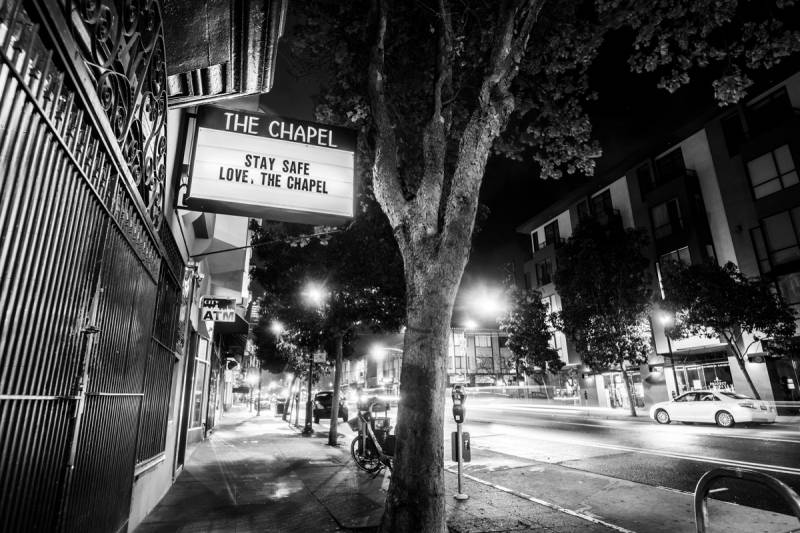Update, April 23: After announcing that the Shuttered Venue Operators Grant application will open Saturday, April 24, the Small Business Administration changed the date to Monday, April 26, at 9am PT.
Update, April 23: After its April 8 launch date was postponed due to technical difficulties, the Shuttered Venue Operators Grant application will go live tomorrow, April 24, at 9:30am PT, allowing concert venues and clubs to apply for long-awaited financial relief from the federal government. In a statement, the Small Business Administration explained that it spent the last two weeks making the application more user friendly, creating a waiting room feature to accommodate high demand and enhancing security. Applicants can begin the process today by registering their accounts.
“We recognize the urgency and need to get this program up and running,” said Barb Carson, deputy associate administrator of SBA’s Office of Disaster Assistance. “With venue operators in danger of closing, every day that passes by is a day that these businesses cannot afford.”
Carson said the SBA will begin reviewing applications on Saturday as soon as they are submitted.
Audrey Fix Schaefer, board member and communications director of the National Independent Venue Association, shared venue owners’ gratitude for the update. “Every single day that passes small businesses are receiving eviction notices, all the while $16 billion has been waiting for them,” Schaefer said. “This is a lifeline for thousands of independent venues and promoters in big towns and in small communities across the nation. When you’ve had revenue losses of more than 90 percent and are in fear of going under, having the opportunity to apply for the grant is a relief, no matter what day of the week it is. We’re thankful our members won’t have to wait much longer.”


